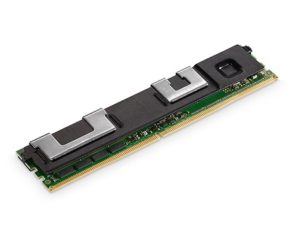
On Sept. 16, Intel Corporation and Oracle announced that Oracle is incorporating the high-performance capabilities of Intel Optane DC persistent memory into its next-generation Exadata platform, Oracle Exadata X8M. Exadata powers Oracle Autonomous Database, Oracle Cloud Applications and the high-performance database infrastructure at most of the world’s leading banks, telecoms and retailers.
Built using industry-standard 2nd generation Intel® Xeon® Scalable processors, Intel Optane DC persistent memory and 100 gigabit RoCE networking, Oracle Exadata X8M is designed to support today’s demanding Online Transaction Processing (OLTP), analytics and mixed workload database requirements, as well as database consolidation and in-database machine learning.
This first-of-its-kind integration is designed to provide customers with superior performance for latency-sensitive activities such as high-frequency stock trading, internet of things (IoT) data processing, real-time fraud and intrusion detection, financial trading and applications requiring real-time human interactions.
Intel Optane DC persistent memory is a groundbreaking innovation in the memory-storage hierarchy that combines near-DRAM performance with the data persistence of storage. Enabled on 2nd generation Intel Xeon Scalable processors, Optane DC persistent memory enables greater total memory capacity per platform and much faster, byte-addressable access to persistent data than even the best-in-class SSD.
Exadata X8M’s implementation of Intel Optane DC persistent memory is unique in the industry, since Exadata uses sophisticated remote direct memory access (RDMA) technology to enable the database to directly access persistent memory deployed in smart shared storage servers, bypassing the entire OS, network, and IO software stack. This reduces IO latency in Exadata X8M tenfold compared with the previous Exadata release.



















